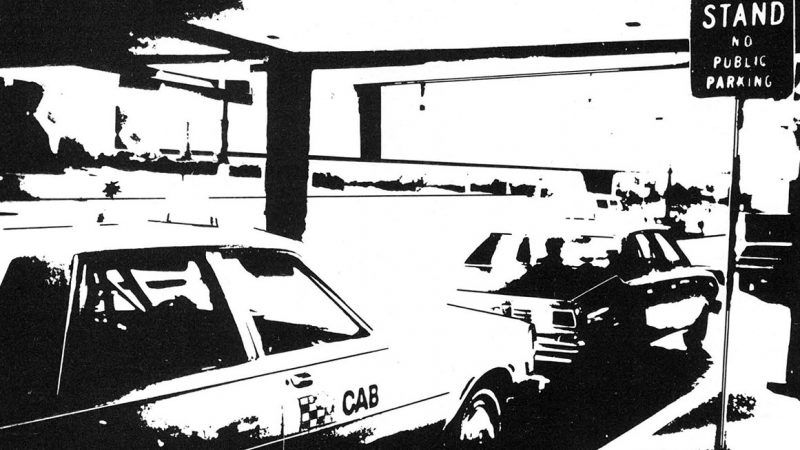From the Archives: March 2020
Excerpts from Reason's vaults

15 Years Ago
March 2005
"Boomer self-absorption is finally generating a little movement on the Social Security front, where the need for reform has been clear for 20 years now. Fear that the program might go poof for boomers may spur enough political will to do something other than prop up the Ponzi scheme. Or boomer exceptionalism may demand even more goodies from future generations, along the lines of the new Medicare drug benefit. We're special—pay up."
Jeff Taylor
"Boomer or Bust"
"Regardless of how the skirmish is ultimately resolved, the question of whether religious organizations with secular functions will have to sacrifice their traditional moral beliefs to modern anti-discrimination laws will surely remain at the center of the culture wars."
Cathy Young
"God or Mammon"
25 Years Ago
March 1995
"Without research, we won't know what—if anything—will prevent kids from abusing drugs. This is the dismal news about drug education: All programs are qualified failures, providing only small gains that soon disappear. For all the tinkering over the years, Project SMART has achieved only modest reductions in drug abuse, primarily by postponing the age at which a child begins to experiment with cigarettes, alcohol, and other drugs."
Jeff Elliott
"Drug Prevention Placebo"
"In fact, [Rush] Limbaugh is sparking a huge reaction by mimicking the very liberals who decry him: This is Rush's impersonation of the all-powerful network news anchorperson, saying out loud what is the subtext in any of the auspiciously introduced and expensively produced national news shows. Their rectitude, their certainty, their values spark Rush's counter-attitude. He's just as cocksure, and he's actually honest about his edge. It is a spoof, and the spoofees don't get it. Ha, ha, ha!"
Thomas W. Hazlett
"Rush to Judgment"
35 Years Ago
March 1985
"Perhaps nowhere are the fruits of…regulation more obnoxious than in Chicago. For more than half a century, two interlocking companies have shared a near-monopoly over the taxi business in the Windy City, limiting the number of cabs on the streets, locking out potential competitors, and deciding who gets to work in the business and who doesn't. But a $320-million antitrust lawsuit could change all that by shattering the dominance of the Checker and Yellow fleets over Chicago's taxi industry. The result could be more cabs on the streets, better service for low-income areas, employment for licensed cab drivers who can't now find work, and an opening for new companies to enter the market."
Daniel Sobieski
"Cab Scam"
"Whether the scandalously distorted media coverage of the gun issue is primarily the product of honest media ignorance, reformist zeal, elitist tendencies, or some combination of all of these, the end result is one that should alarm those who care about a free society. After all, the 'gun issue' is nothing less than a national debate over the ownership of the means of protection."
William Tonso
"Calling the Shots"
40 Years Ago
March 1980
"There's one final advantage over Bell: MCI and SPC are private companies, and their long-distance telephone records are strictly confidential. Releasing these records to the government, AT&T, or private investigators would take a court order. On the other hand, when you make a long-distance call through the Bell System, your call could be monitored—legally! Under the federal wiretapping law of 1968, the telephone company has virtually carte blanche to eavesdrop on your conversations. Every year, Bell listens in on over 200,000 long-distance calls, ostensibly searching for illegal 'black box' devices that some individuals use to make 'free' long-distance calls. Rely on MCI or SPC if you want to keep your calls confidential and inexpensive."
Mark Skousen
"Slash Your Phone Bill"
50 Years Ago
March 1970
"A resource can become private property if the owner uses the resource and transforms it through human knowledge and effort into another entity of value to him. Essentially, what he owns is the product of his work—he may use the previously unowned resource as an ingredient in the final product, but he owns only the final product—that which he has created by his own effort."
James Weigl
"Who Owns It?"


Show Comments (11)